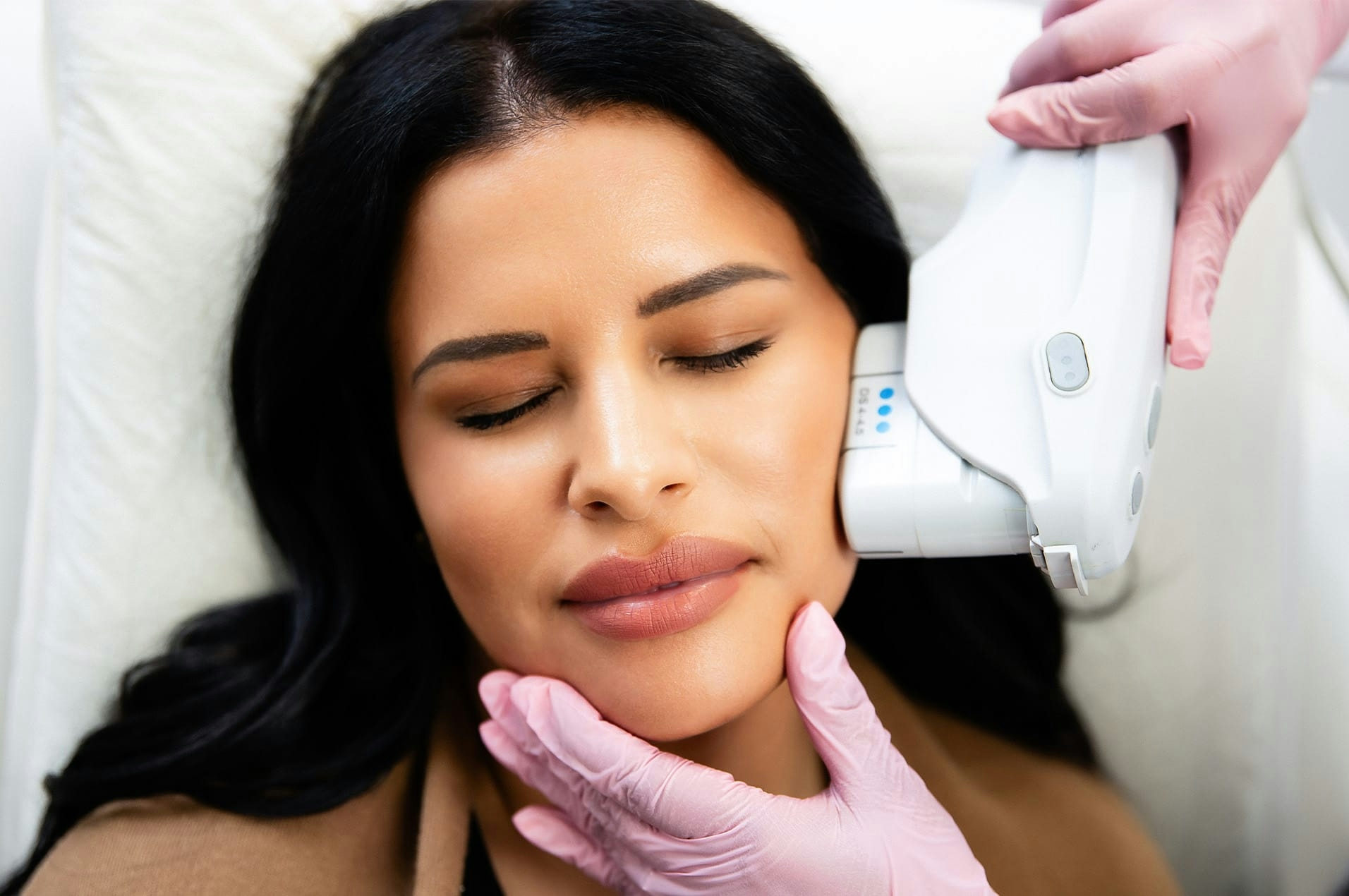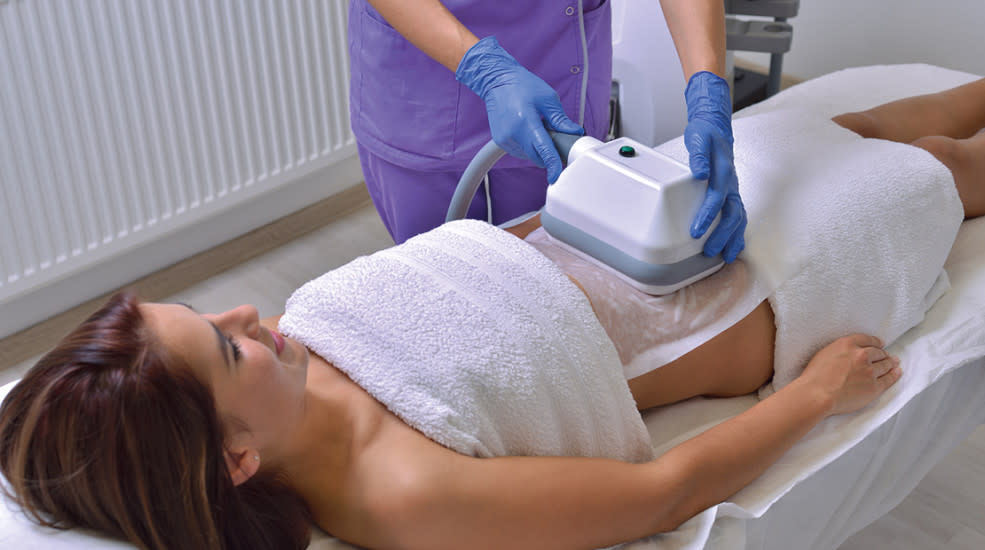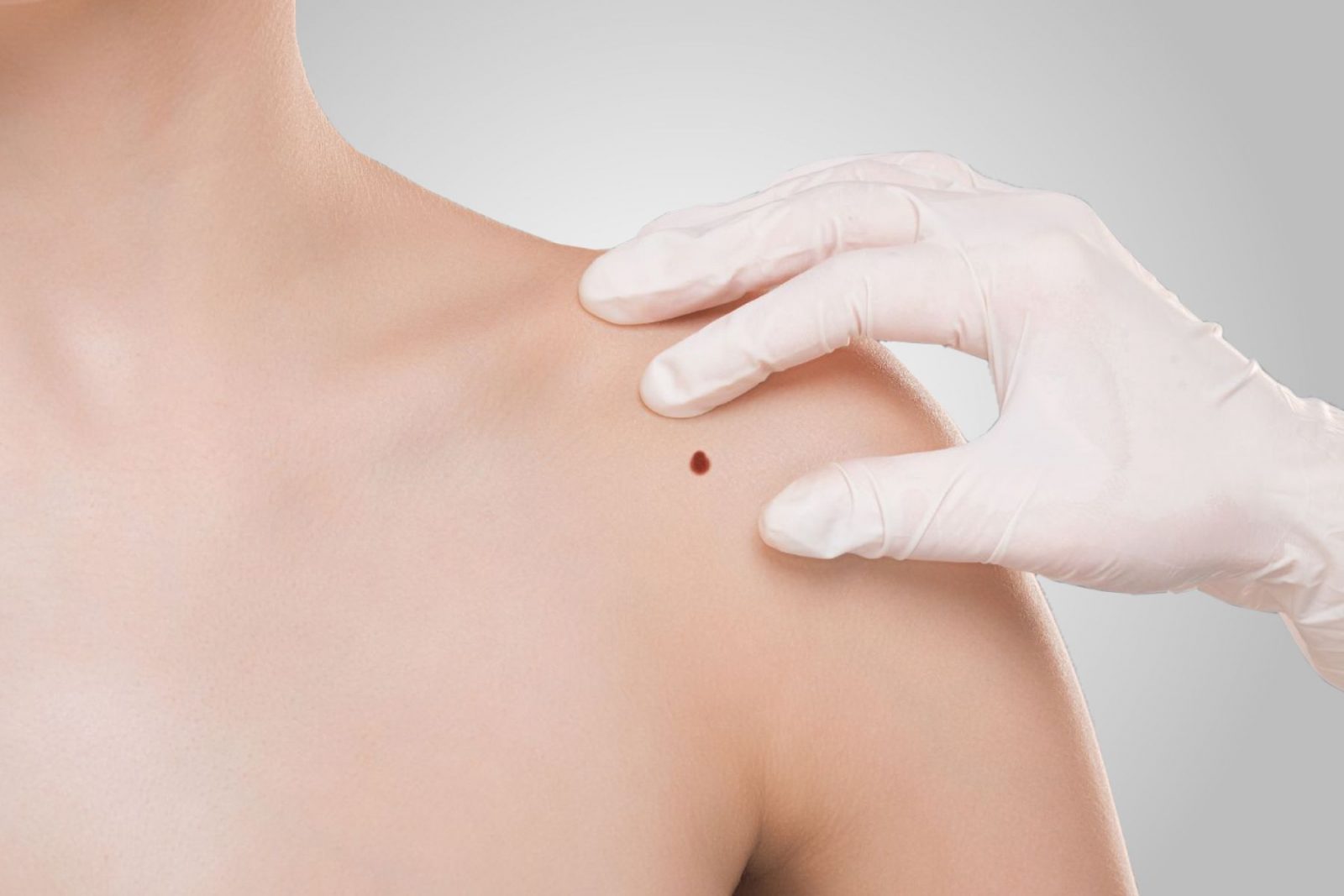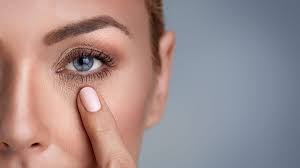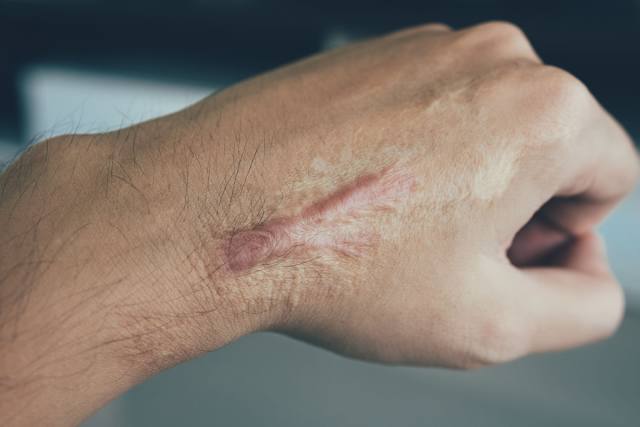Regain Control Over Your Skin: Rosacea Treatment Options
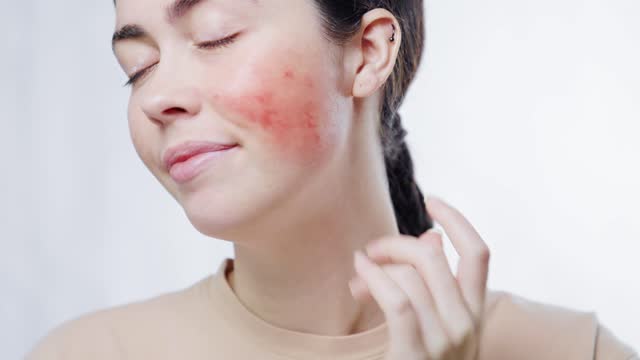
Strong8k brings an ultra-HD IPTV experience to your living room and your pocket.
Rosacea Treatment in Dubai is a chronic skin condition that affects millions of people worldwide, primarily characterized by facial redness, visible blood vessels, and sometimes acne-like bumps. It can be a source of significant emotional distress and can impact self-esteem and quality of life. While there is no cure for rosacea, numerous treatment options are available to help manage symptoms and regain control over your skin. This article will explore the various treatment options for rosacea, including topical and oral medications, laser therapies, lifestyle changes, and skincare routines.
Understanding Rosacea
Rosacea typically manifests in four subtypes, each with its own set of symptoms:
Erythematotelangiectatic Rosacea (ETR): This subtype is characterized by persistent redness and visible blood vessels. Flushing is common, and the skin may feel sensitive.
Papulopustular Rosacea: Often resembling acne, this subtype involves red bumps and pustules. It can occur alongside facial redness.
Phymatous Rosacea: This less common subtype leads to thickening of the skin, particularly on the nose, resulting in a bumpy texture (rhinophyma).
Ocular Rosacea: Affecting the eyes, this subtype can cause redness, irritation, and even vision issues.
The exact cause of rosacea remains unclear, but it is believed to involve a combination of genetic, environmental, and immune system factors. Common triggers include sun exposure, hot beverages, spicy foods, alcohol, and stress.
Treatment Options for Rosacea
Topical Treatments
Topical treatments are often the first line of defense for managing rosacea symptoms. Here are some commonly prescribed options:
Metronidazole: This topical antibiotic has anti-inflammatory properties and is effective in reducing redness and bumps associated with rosacea. It is available in cream and gel formulations.
Azelaic Acid: A naturally occurring acid that helps reduce inflammation and redness. It also has antibacterial properties, making it effective against acne-like bumps.
Ivermectin: This topical treatment has antiparasitic effects and has been shown to reduce inflammatory lesions in rosacea. It can help decrease redness and improve skin texture.
Brimonidine: A topical gel that constricts blood vessels, providing temporary relief from facial redness. This treatment is particularly useful for those with significant flushing.
Oral Medications
For moderate to severe cases of rosacea, oral medications may be necessary:
Antibiotics: Oral antibiotics such as doxycycline and minocycline are frequently prescribed to reduce inflammation and treat papulopustular rosacea. These medications can help clear up red bumps and improve overall skin appearance.
Isotretinoin: In severe cases that do not respond to other treatments, isotretinoin may be prescribed. This powerful medication can significantly improve symptoms but comes with potential side effects and requires careful monitoring.
Laser and Light Therapies
Advancements in laser technology have revolutionized the treatment of rosacea. These therapies can effectively reduce redness and improve skin texture:
Pulsed Dye Laser (PDL): This laser targets blood vessels, reducing redness and flushing. It is particularly effective for erythematotelangiectatic rosacea and usually requires multiple sessions for optimal results.
Intense Pulsed Light (IPL): Similar to PDL, IPL uses a broad spectrum of light to target blood vessels and improve skin texture. It is effective for reducing redness and can also treat pigmentation issues.
Nd:YAG Laser: This laser penetrates deeper layers of the skin and is effective for treating larger blood vessels. It can provide long-lasting results and may require fewer sessions than other laser treatments.
These laser therapies are generally well-tolerated, but patients may experience temporary redness or swelling following the procedure.
Skincare Routine for Rosacea
Establishing a gentle skincare routine is crucial for managing rosacea. Here are some tips for selecting appropriate products and maintaining healthy skin:
Gentle Cleansers
Choosing a mild, non-irritating cleanser is essential. Avoid products with alcohol, fragrances, or harsh exfoliants. Look for:
Cream or lotion-based cleansers: These are less likely to irritate sensitive skin.
Micellar water: A gentle option for cleansing without irritation.
Moisturizers
Hydration is vital for rosacea-prone skin. Select moisturizers that:
Are non-comedogenic: Formulas that won’t clog pores.
Contain soothing ingredients: Look for products with ceramides, hyaluronic acid, or aloe vera to help maintain the skin barrier and retain moisture.
Sunscreen
Sun exposure can exacerbate rosacea symptoms, making sunscreen a must-have. Choose:
Broad-spectrum SPF 30 or higher: Protects against both UVA and UVB rays.
Mineral-based sunscreens: Containing zinc oxide or titanium dioxide, which are less irritating for sensitive skin.
Anti-Redness Products
Certain products are specifically formulated to reduce redness:
Green-tinted primers or creams: Help neutralize redness before applying makeup.
Serums with niacinamide: Known for its anti-inflammatory properties, niacinamide can help soothe and calm the skin.
Lifestyle Changes and Trigger Management
Identifying and avoiding triggers is crucial for managing rosacea effectively. Common triggers include:
Sun exposure: Protect your skin with sunscreen and seek shade during peak hours.
Hot beverages and spicy foods: These can cause flushing; consider switching to cooler drinks and milder foods.
Stress: Practice stress-reducing techniques such as yoga, meditation, or deep-breathing exercises.
Alcohol: Limit or avoid alcohol consumption, as it can exacerbate symptoms.
Extreme temperatures: Protect your skin from extreme cold or heat, which can trigger flare-ups.
Keeping a rosacea diary can help individuals identify specific triggers and adjust their lifestyle accordingly.
The Role of Diet in Managing Rosacea
Diet can play a significant role in managing rosacea symptoms. While individual responses may vary, some general dietary guidelines can be beneficial:
Anti-Inflammatory Foods: Incorporate foods rich in omega-3 fatty acids (such as fatty fish, flaxseeds, and walnuts), antioxidants (fruits and vegetables), and whole grains to help reduce inflammation.
Stay Hydrated: Drinking plenty of water helps maintain skin hydration and overall health.
Limit Sugary and Processed Foods: These can contribute to inflammation and may worsen rosacea symptoms.
Consider Probiotics: Some studies suggest that probiotics can support gut health and may have a positive effect on skin conditions, including rosacea.
Emotional and Psychological Support
Living with rosacea can be emotionally challenging. It’s essential to address the psychological impact of the condition. Here are some strategies:
Seek Support: Joining support groups or online forums can provide a sense of community and shared experiences.
Consult a Therapist: Speaking with a mental health professional can help manage feelings of anxiety or depression related to skin issues.
Educate Yourself: Understanding rosacea can empower individuals to take control of their condition and make informed decisions about treatments.
Conclusion
Regaining control over your skin when dealing with rosacea is a multifaceted approach that combines medical treatments, lifestyle adjustments, and proper skincare. With a variety of effective options available, individuals can manage their symptoms and improve their quality of life. By understanding the triggers, choosing the right products, and seeking professional help when needed, those affected by rosacea can take proactive steps toward healthier skin.
Note: IndiBlogHub features both user-submitted and editorial content. We do not verify third-party contributions. Read our Disclaimer and Privacy Policyfor details.



